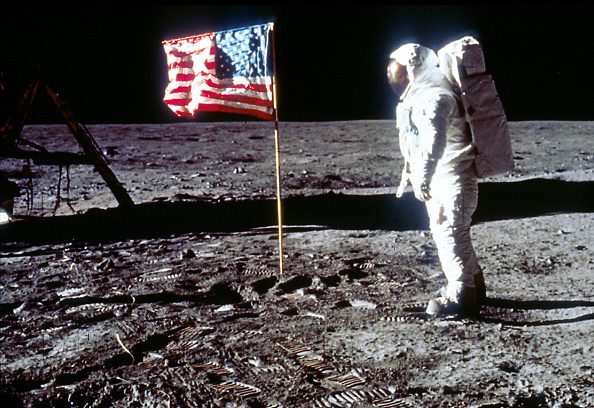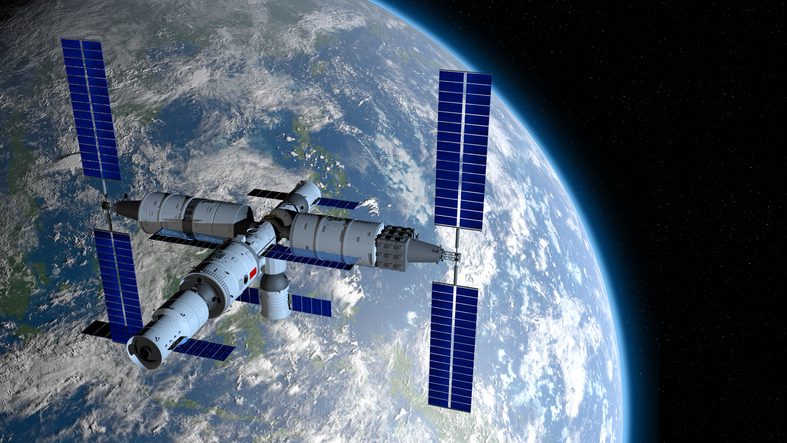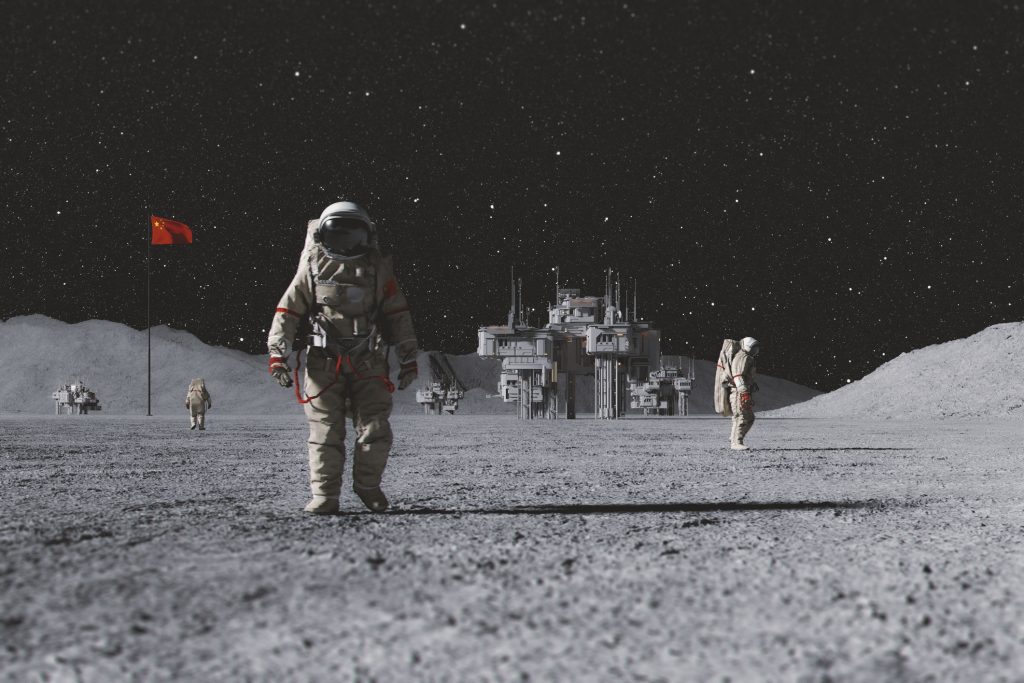Nasa has issued a warning that China China may try to take control of parts of the Moon in a few years.
The space agency’s administrator Bill Nelson stated his concern that the country’s civilian programs, presented as scientific endeavors, may actually be undisclosed military operations.
Speaking before a House Appropriations Committee to advocate for why Nasa needs a $25.4 billion budget for 2025, Mr Nelson said: ‘China has made remarkable progress, especially in the past 10 years, but they are very secretive.
‘We believe that much of their supposedly civilian space program is actually a military program. And I think, essentially, we are in a race.’
During the original ‘space race’, the US and Russia competed to be the first nation to send humans to the Moon. The US achieved this when Neil Armstrong set foot on the surface in 1969.
Although it remains the sole country to have landed astronauts on the Moon, China has committed to accomplishing this by 2030, with intentions to establish a permanent base.

Nasa’s Artemis program aims to return US astronauts to the lunar surface potentially as early as 2026, but has encountered several delays.
The mission will prioritize the lunar south pole, an area of interest to numerous countries due to the potential presence of water ice, which could be used to establish long-term bases and produce fuel and oxygen for further space missions.
Both the US and India have successfully landed unmanned spacecraft near the pole. China has also landed on the Moon, including deploying a lunar rover as part of its Chang’e 3 mission, and returning samples from the surface as part of Chang’e 5 in 2020.
‘Their latest date that they have said that they’re going to land is 2030, but that keeps moving up,’ said Mr Nelson.
‘My concern would be if China got there first and suddenly said “okay, this is our territory you stay out”.
‘Obviously you don’t want to interfere with each other, but don’t go in and declare that this whole territory is suddenly yours.’
Mr Nelson used the Spratly islands as an example on Earth, an area in the South China Sea simultaneously claimed by China, Taiwan, Vietnam, Malaysia and the Philippines due to its abundant natural resources.
‘I think it’s incumbent on us to get there first and use our research for peaceful purposes,’ he said.

A paper published last month revealed China is planning to deploy its advanced all-seeing surveillance system on the future lunar base, and will give it the ability to ‘detect and aim at suspicious targets’.
The Skynet video surveillance network is already widely used in the country, and includes more than 600 million cameras – which averages one camera for every two adult Chinese citizens and leaves little of the country beyond the reach of a lens.
China has also launched its own space station, the Tiangong space station, which has a crew on board all the time like the ISS.
However, Nasa has also announced its intention to start investigating how to obtain resources from the Moon, with digging possibly beginning in 2032.









